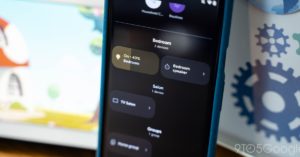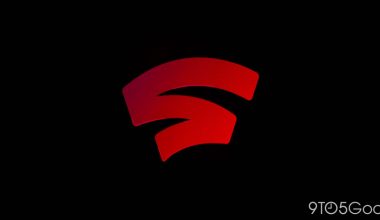The market share of Samsung has increased dramatically since the Galaxy watch series switched to Wear OS, according to the most recent data on wearables. In the meantime, Fitbit has declined since Google purchased it.
With Wear OS 3, which combines the greatest features of Tizen and Android-based platforms, Samsung and Google announced their partnership last year. In that endeavor, Samsung developed its most latest smartwatches, the Galaxy Watch 4 and Watch 4 Classic, using Wear OS 3 rather than Tizen. In actuality, Samsung is the only manufacturer of wearables having a Wear OS 3 device available right now.
According to a recent analysis from Counterpoint Research , the company’s decision to switch from Tizen to Wear OS appears to have paid off, as Samsung is now solidly in second place in terms of market share for Q1 2022. Samsung wearables accounted for 10.1% of global shipments, up from its 7.8% share the previous year, while Apple retained its lead with 36.1%. Notably, Samsung is the only manufacturer of Wear OS devices to rank among the top 8 in the research.
From there, we see businesses like Huawei and Xiaomi continuing their leadership with reasonably priced wearables. Overall, according to Counterpoint, wearables increased by around 13% this year compared to last year, which is a big gain.
In contrast, the Google acquisition saw a considerably smaller 2.7% market share for Q1 2022, compared to Fitbit, which had experienced a strong 4.1% of sales during the same period last year. Nevertheless, Fitbit had a quiet year in 2017 as there were no new products in the Sense or Versa lines.
With the Pixel Watch integration this fall and early indications of a Sense 2 and Versa 4 on the horizon, things for Fitbit should hopefully start to improve soon. Additionally, Fitbit has already stated that it plans to develop a Wear OS-powered gadget.
FTC: We employ income-generating auto affiliate links. MORE ON WEARABLES. More.
Check out 9to5Google on YouTube for more news:







